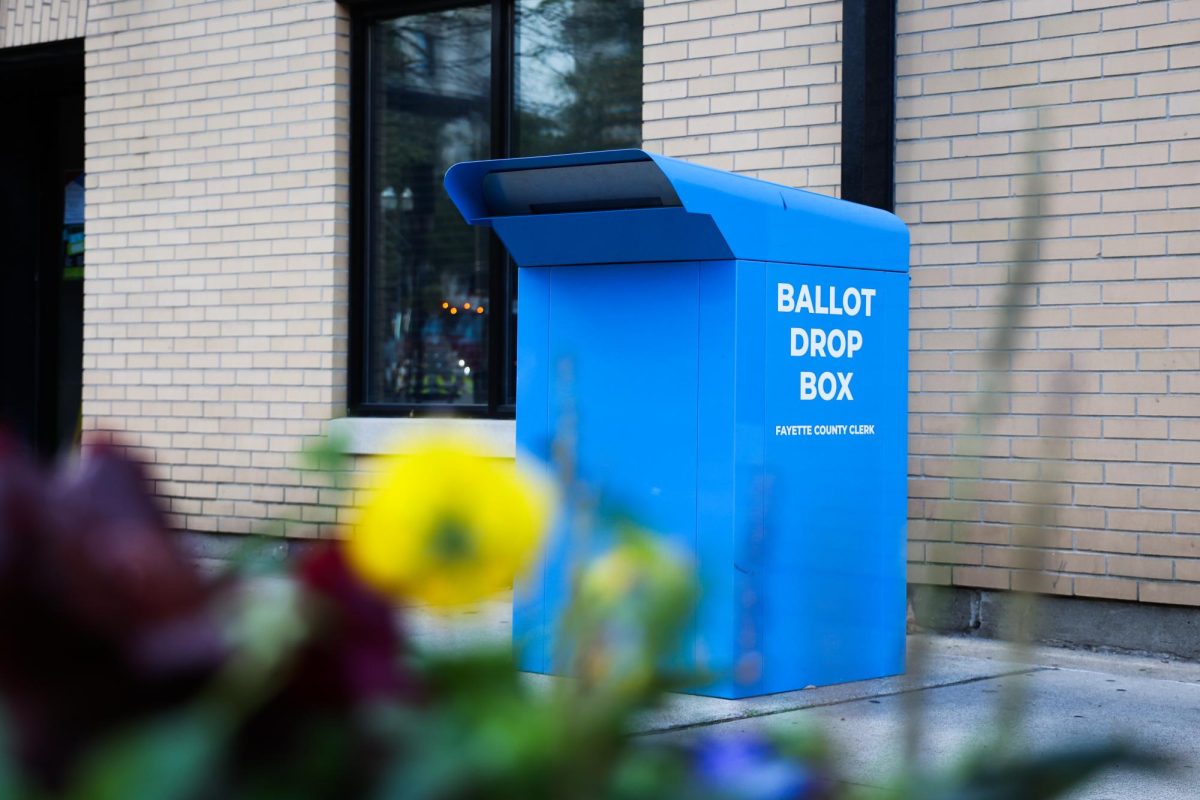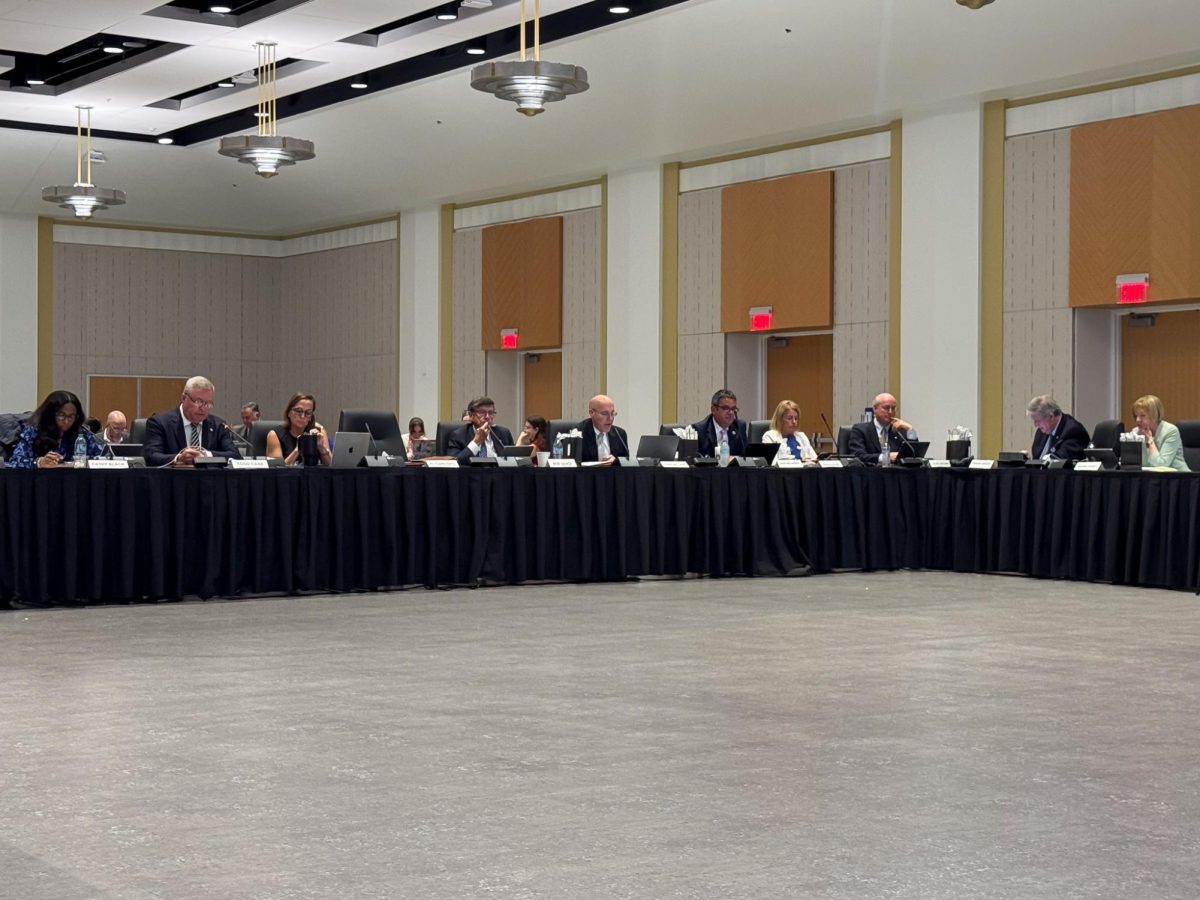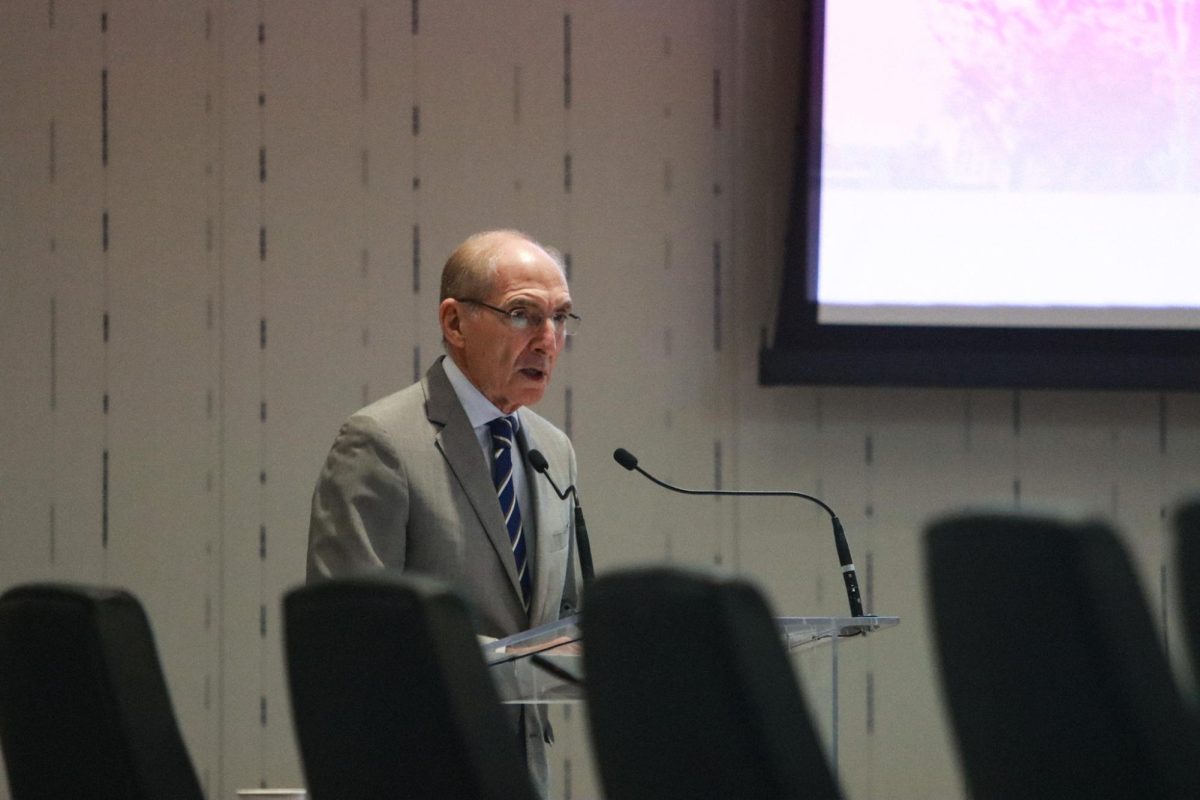Kentucky voters will have to decide which candidate they want to represent them in an increasingly changing political climate this November.
Policies surrounding abortion, higher education, COVID-19 and LGBTQ+ rights are just some issues being addressed. Here’s what to know.
Abortion
The landmark Supreme Court case Roe v. Wade was overturned in June 2022, leaving many Kentuckians wondering where their rights stand.
Kentucky is currently one of the most restrictive states with few exceptions to the law, according to the Guttmacher Institute.
This causes many patients to seek treatment across borders, often making two trips to adhere to laws requiring 24 hours between the consultation and procedure services.
“While a state’s abortion policies affect all people seeking care, they are particularly significant for individuals who find it difficult or outright impossible to access care when forced to navigate around abortion bans and restrictions,” the Guttmacher Institute reported.
Voters will have to decide between candidates with opposing viewpoints on the current state of the strict abortion laws.
While said candidates made statements on abortion in a debate on Oct. 16, the future of abortion laws in Kentucky remains unclear.
The ACLU released a statement last February, which said Planned Parenthood and the ACLU are committed to assisting Kentuckians who are seeking care outside of the state.
“Anyone who needs an abortion should visit abortionfinder.org and abortionfunds.org, or call 1-800-230-7526. Patient navigators are ready to help,” the statement said.
Higher Education
In 2021-2022, funding for full-time, higher education students has grown more than 10%, succeeding in being one of the highest increases in last decades, according to state records.
Within the last 10 years at the University of Kentucky, President Eli Capilouto said there has been a steady growth of graduating students, increasing each year with the exception of COVID.
“We now have 2,400 more degrees that we award, 1,000 more certificates than we awarded ten years ago, steady increase,” Capilouto said. “Back then, 9% of our graduates were underrepresented minorities, now it’s 15%.”
Such growth can be promising amidst the Supreme Court ruling in June that ended affirmative action, removing race from the admission process as well as in scholarship opportunities.
“We had one or two race exclusive (scholarships), or they weren’t exclusive, but a high priority was placed on race. We feel like we can adjust those scholarships,” Capilouto said. “Race was a factor in those, and the way we will recruit and enroll students, respecting the law, but still committed to having a campus where everyone feels they belong, remains a priority.”
The dueling candidates stand on opposite sides of affirmative action, leaving it up to voters to decide their fate.
COVID-19
COVID-19 was declared a Public Health Emergency (PHE) in March 2020, placing strict guidelines to prevent widespread disease. The PHE ended on May 11, 2023, according to a government website.
Funeral assistance will be provided until Sept. 30, 2025.
The Department of Health and Human Services (HHS) announced a Bridge Access Program to provide uninsured Americans with the option of vaccines and treatments since the end of the pandemic.
“Medicaid will continue to cover COVID-19 vaccinations without a co-pay or cost sharing through September 30, 2024 and will generally cover ACIP-recommended vaccines for most beneficiaries thereafter,” the HHS website said.
The Kentucky mandate for health care workers was terminated in early August with some hospitals choosing to keep it in place, according to Kentucky Health News.
Since the expiration of the federal mandate, Kentucky will have to handle the matter individually and the decision to cover the copay or cost of vaccines once the Bridge Program expires on Sept. 30, 2024.
The gubernatorial candidates hold opposing stances on the federal COVID-19 vaccine mandates, in which case it is up to voters to decide who they support.
LGBTQ+
In the 2023 gubernatorial election, focus around LGBTQ+ rights is prominent after the passing of Senate Bill 150 in March 2023.
Acting Gov. Andy Beshear vetoed the bill in March but was overridden by the Senate in a 29-8 vote and the House of Representatives in a 76-23 vote.
The bill regulates the education of gender identity, gender expression or sexual orientation in the classroom and diminishes confidentiality between a student and their parent(s).
Schools are also prohibited from enacting policies towards preferred pronouns and threatening discipline, if not abided to.
However, the bill “does not prevent teachers and students from voluntarily referring to students by their preferred pronouns if they choose to do so.”




































































































































































